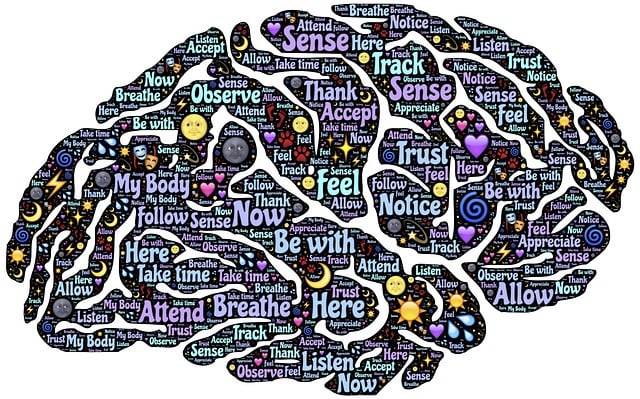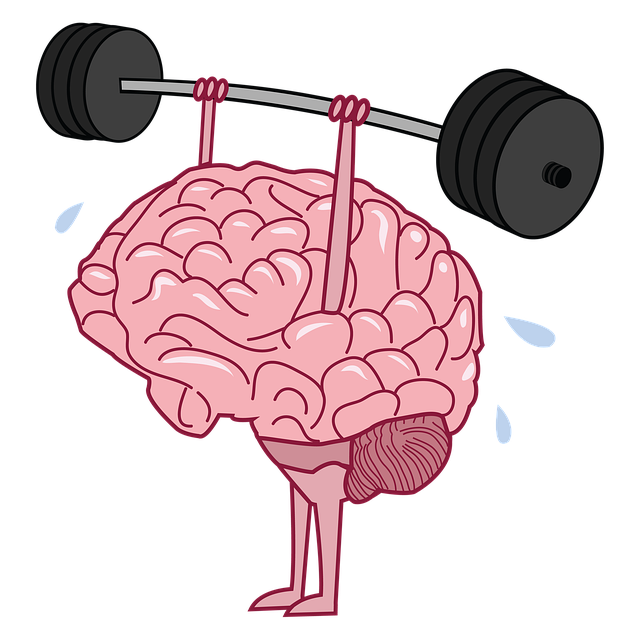Mental health advocacy is a powerful force driving positive change in access to support systems and therapy for adults. By raising awareness, challenging stigma, and integrating mental health evaluations into mainstream healthcare, advocates promote early help-seeking and personalized treatment plans. This includes efforts to expand insurance coverage, improve provider cultural competency, and offer affordable counseling services. Building community engagement through open dialogues, workshops, and support groups destigmatizes therapy and self-care, reducing the burden on emergency services. Initiatives like cultural competency training have significantly improved access to therapy for adults from diverse backgrounds, transforming lives and building resilient communities focused on emotional well-being.
Mental health advocacy initiatives play a pivotal role in creating a more supportive and understanding society. As awareness continues to grow, so does the need for accessible services like therapy for adults and comprehensive mental health evaluations. This article explores these essential components, delving into strategies for community engagement and highlighting success stories that underscore the profound impact of advocacy. By examining these initiatives, we gain insights into how to foster a culture where mental well-being is prioritized.
- Understanding Mental Health Advocacy: The Need for Awareness
- Therapy for Adults: Unlocking Access to Supportive Services
- Mental Health Evaluations: A Gateway to Personalized Care
- Building Community Engagement: Strategies for Effective Outreach
- Success Stories: The Impact of Advocacy Initiatives
Understanding Mental Health Advocacy: The Need for Awareness

Mental health advocacy is a powerful tool to create positive change and increase accessibility to support systems. It involves raising awareness about mental health issues, breaking down stigma, and ensuring individuals receive the therapy for adults they need. In today’s world, where emotional regulation plays a significant role in our overall well-being, advocates are pushing for better integration of mental health evaluations into mainstream healthcare.
By promoting open conversations about mental health, these initiatives encourage people to seek help early on. They educate communities on recognizing the signs and symptoms of common mental health disorders, fostering an environment where individuals feel comfortable discussing their struggles openly. This shift in perspective can lead to earlier intervention and more effective treatment plans, ultimately improving the quality of life for those facing challenges with their mental health. Additionally, these advocacy efforts emphasize the importance of communication strategies that promote self-care routine development for better mental health.
Therapy for Adults: Unlocking Access to Supportive Services

Access to quality therapy for adults is a cornerstone of mental health advocacy initiatives. By promoting increased awareness and reducing stigma, more individuals are encouraged to seek professional help when needed. Therapy serves as a powerful tool for personal growth, trauma healing, and developing essential emotional intelligence. Many adults face barriers to accessing these services, such as cost, availability, and lack of knowledge about available options. Advocacy efforts focus on expanding insurance coverage for mental health treatments and encouraging healthcare providers to offer culturally competent care. This involves training in cultural competency to ensure professionals can address the unique needs of diverse populations effectively.
Initiatives also aim to integrate therapy into primary healthcare settings, making it more accessible. By normalizing conversations about mental health, adults can feel empowered to discuss their struggles openly. Additionally, community-based programs that provide low-cost or free counseling services play a crucial role in supporting those who may not otherwise have access. These efforts collectively contribute to a more supportive ecosystem where emotional well-being is prioritized, fostering confidence boosting and overall resilience among the adult population.
Mental Health Evaluations: A Gateway to Personalized Care

Mental Health Evaluations play a pivotal role in fostering personalized care for adults seeking therapy. These comprehensive assessments serve as a gateway to understanding an individual’s unique mental wellness landscape, encompassing their symptoms, thoughts, feelings, and behaviors. By employing evidence-based tools and techniques, professionals can uncover underlying issues that may contribute to anxiety relief or the exacerbation of existing conditions.
Such evaluations facilitate the development of tailored treatment plans aligned with the patient’s specific needs. This personalized approach ensures that compassion cultivation practices are integrated into the therapeutic journey, fostering a supportive environment conducive to healing. Through this methodical process, individuals not only gain access to effective therapy for adults but also embark on a path towards holistic mental health improvement.
Building Community Engagement: Strategies for Effective Outreach

Building community engagement is a vital aspect of mental health advocacy initiatives. Effective outreach strategies can help break down barriers and increase access to therapy for adults in need. One key approach involves fostering open dialogues about mental health within communities, utilizing local events, workshops, and support groups as platforms to destigmatize conversations around therapy and self-care practices. By integrating mind over matter principles, community members can develop resilience and coping mechanisms, reducing the reliance on emergency services for mental health evaluations.
Community partnerships with schools, workplaces, and faith-based organizations play a crucial role in reaching diverse populations. Collaborative efforts can lead to tailored programs addressing specific mental health challenges prevalent within these groups. Additionally, training sessions for community leaders and professionals on risk management planning for mental health professionals ensure the delivery of culturally sensitive care, enhancing overall community well-being.
Success Stories: The Impact of Advocacy Initiatives

Mental health advocacy initiatives have proven to be powerful tools in transforming lives and fostering communities that support emotional well-being. Success stories across various regions highlight the significant impact of these programs. For instance, a mental health education program designed with a focus on cultural competency training for healthcare providers has led to improved access to therapy for adults from diverse backgrounds. By equipping providers with the skills to address cultural barriers and understand unique needs, the initiative ensured that more individuals could receive the necessary mental health evaluations and treatment.
The ripple effect of such programs extends beyond individual patients, impacting communities as a whole. Enhanced emotional regulation techniques taught through these initiatives have empowered people to manage their mental health proactively. This shift not only reduces the burden on traditional healthcare systems but also fosters a culture where open conversations about mental well-being are encouraged, breaking down stigmas and promoting overall community resilience.
Mental health advocacy plays a pivotal role in creating a more supportive and accessible society. By raising awareness, implementing personalized care through mental health evaluations, and fostering community engagement, we can unlock critical services like therapy for adults. The success stories shared highlight the transformative power of these initiatives, demonstrating that with focused efforts and collective action, we can significantly improve mental well-being outcomes for individuals across communities.














